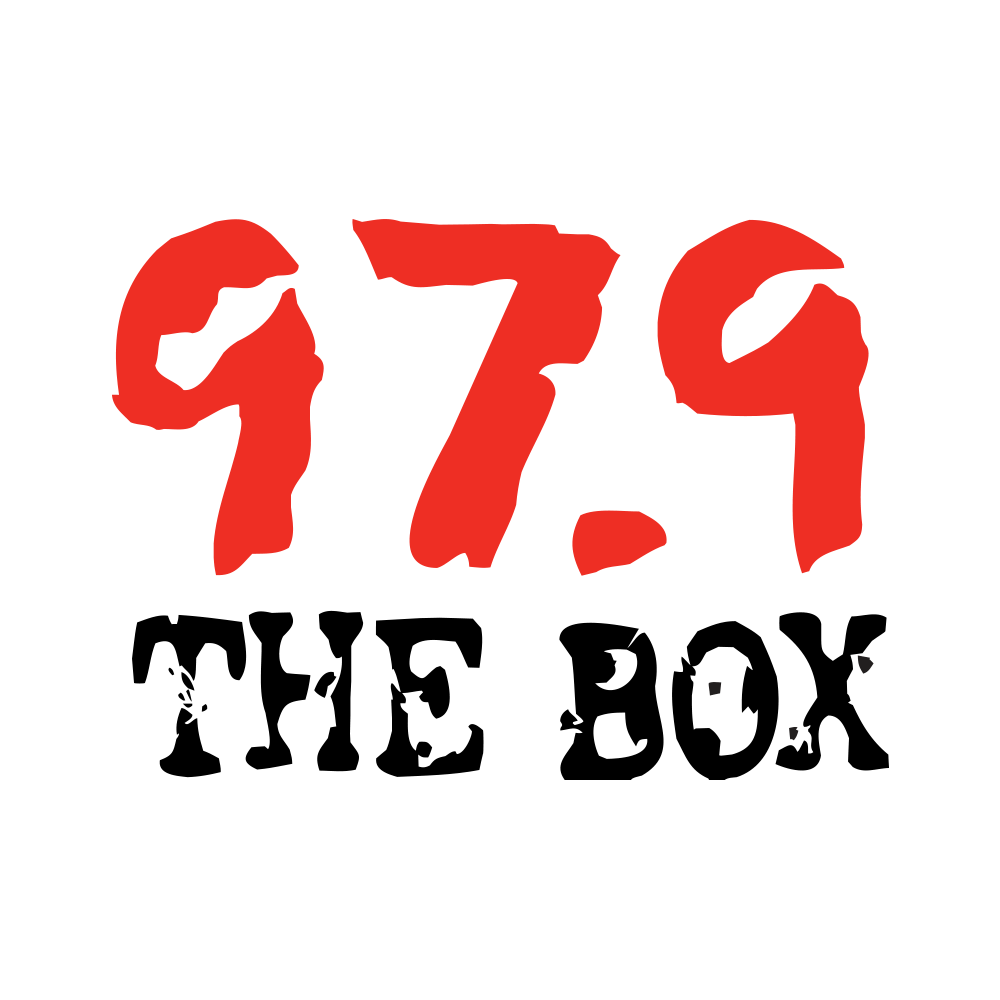They say numbers don’t lie. If that’s the case, there might be more than just some truth to Astros owner Drayton McLane’s assertion that his team is not for sale — even as he’s willing to entertain offers.
That’s because McLane’s asking price, believed to be around $650 million, might make it difficult for him to find a buyer.
McLane has granted exclusive negotiating rights to purchase the team to a group led by the investment firm Great Court Capital of New York.
The group also includes former United States Olympic Committee chief Harvey Schiller, who on Tuesday declined to elaborate on reports that he is interested in purchasing the Astros.
“It’s really inappropriate to make any comment other than Drayton has been a friend of mine for a number of years, and I think the world of him. That is the appropriate thing to say at this time,” Schiller said. “There are a lot of people interested in acquiring baseball teams.”
The firm first contacted McLane about a potential transaction in mid-December, when reports of a failed Astros sale in 2008 came out. McLane said he has not heard back from it since.
The Astros’ price tag might have something to do with it. Forbes magazine valued the team at $445 million in its 2009 edition of The Business of Baseball — some $200 million less than McLane is likely asking.
News of a potential sale of the Astros was quick to reach Forbes, with national editor Michael K. Ozanian blogging the team would not fetch such an amount.
“There is no way the Astros are worth that much when the Chicago Cubs, Wrigley Field and 25% of Comcast SportsNet just went for $840 million and the Cubs generated $45 million more in revenue than the Astros last season,” Ozanian wrote in Forbes’ Sports Money blog.
Ozanian put the Astros’ top price at $525 million. Last year, Forbes listed the Astros’ 2008 revenue at $194 million and operating income at $17 million and ranked the Astros 12th in value (the Cubs were fifth at $700 million).
Not surprisingly, the top three major league teams were the New York Yankees ($1.5 billion), New York Mets ($912 million) and Boston Red Sox ($833 million), all big-market teams with strong brand management, which drives up their price tags.
Value a relative term
Determining the value of a team can be tricky. For starters, sports franchises are not valued like traditional businesses, according to Scott Rosner, associate director of the Wharton Sports Business Initiative at the Wharton School at the University of Pennsylvania.
“They don’t go by the same metrics or many of the same methods,” Rosner said. “Really, the best way to think about how one would value a professional sports franchise is to compare it to a piece of art in the sense that ultimately it is worth what somebody is willing to pay for it.
“There are ways to think about this, and one is to think about it in terms of real estate, where when we think of valuation of a piece of property, it is helpful to know what has been sold in that marketplace.”
In other words, it helps to know what other teams have gone for in recent years.
As Tom Hicks negotiates a sale of the Texas Rangers, reports have the franchise going for more than $500 million. John Moores agreed last year to sell the San Diego Padres for what should top $500 million to a group of California businessmen led by former agent Jeff Moorad. (With the complex transaction to be made in phases, the final price hasn’t been determined.) The Atlanta Braves went for $450 million in 2007.
Forbes values teams on multiples of revenue, Ozanian said. These multiples, or measurements of a business’ value relative to the revenue it generates, are based primarily on historical transactions and the current business climate, he said.
McLane purchased the Astros for $117 million in 1993, when the team played at an aging Astrodome and ranked near the bottom in the National League in attendance.
A lot of things have changed. The Astros play in a 41,000-seat, state-of-the-art stadium that in recent years has been dubbed one of the most profitable in baseball.
The Astros do not own Minute Maid Park — that honor goes to the Harris County-Houston Sports Authority. But the team does enjoy the benefit of a sweet 30-year lease agreement (with options to extend) that allows it to effectively run the venue and keep every penny made except for rent, maintenance and other expenses.
Attendance usually solid
To top it off, the Astros usually post solid numbers at the gates. Since 1998, when the NL grew to 16 teams with the addition of the Arizona Diamondbacks and Milwaukee Brewers, the Astros have ranked in the top half in attendance every season but two (2002 and 2009). Since relocating to Minute Maid, they have surpassed the 3 million mark four times, most recently in 2007.
McLane has declined to name any of the individuals involved, but people familiar with the negotiations indicated Schiller is part of the group led by Great Court and confirmed the firm’s lead negotiator is Mark Isaacson.
Schiller, 70, also is a former president of the International Baseball Federation and the CEO of Global Options Group, a security investigation company. His son, Derek Schiller, is executive vice president of sales and marketing for the Braves.
McLane, 73, appears torn about parting ways with the team he has owned for 18 years. Though he has said the Astros are not for sale, he is clearly willing to entertain offers or at least inquiries.
“Ultimately,” Rosner reiterated, “(the team) is going to be worth what somebody is willing to pay for it.”














